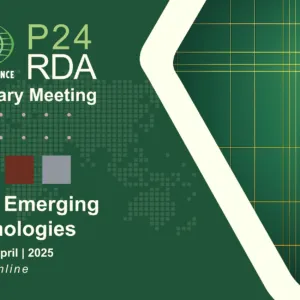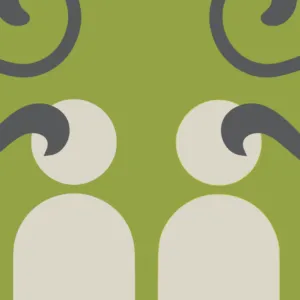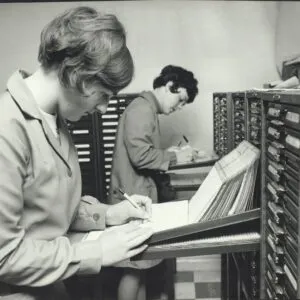In early 2024, the Digital Repository of Ireland (DRI) opened a call for applications for a new deposit scheme, Data Preservation for Legacy Research Collections, aimed at researchers with culturally and socially valuable research materials which may be at risk of loss. DRI asked for unpublished or published materials associated with completed projects, whether or not they had been designed as ‘data’ projects at the time of creation, and opened the call to anyone who may or may not have had a traditional pathway to deposit in the Repository. Over the next five months, they will work with DRI staff and Sonraí (Irish Data Stewardship Network) to curate, organise, describe, and publish their collections in the Repository.
We are very pleased to be able to share the successful applicants to our pilot scheme below. Their collections will enrich the lasting digital record of Irish language, culture and society.



Projects Awarded
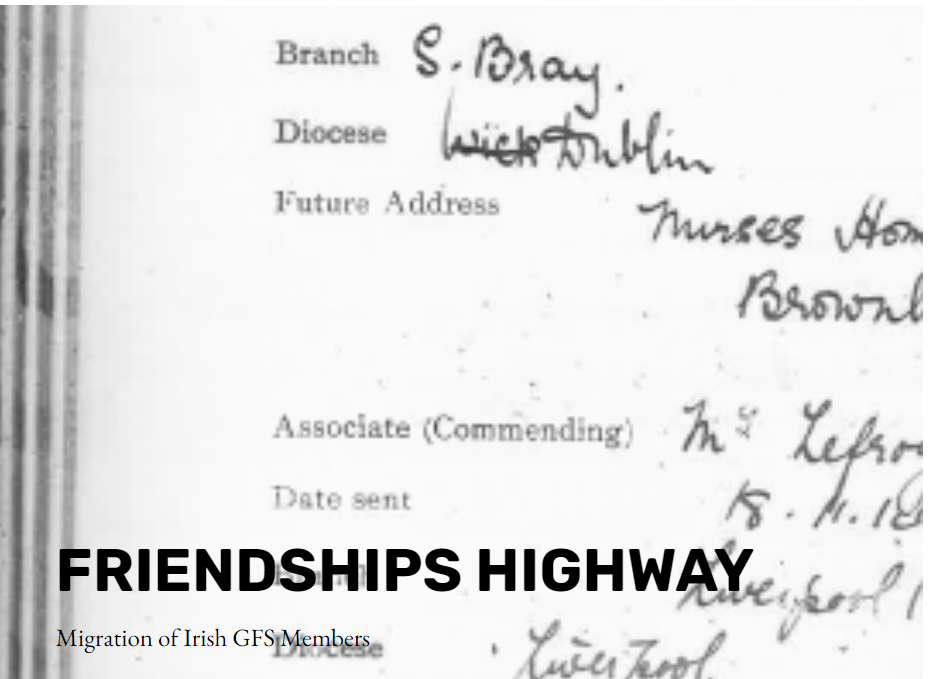
Friendships Highway Migration of Irish GFS Members / Dr Martin Walsh, University of Limerick
This collection preserves and makes publicly available the records of Irish Protestant members of the Girls’ Friendly Society who were assisted as they emigrated from Ireland in the period 1885 to 1935. It provides a wealth of information on the lives of these women both here in Ireland and in their adopted country. The data is currently available via a project website.
Logainm / Dr Brian Ó Raghallaigh, Fiontar & Scoil na Gaeilge, Dublin City University
The Logainm project’s main objectives are (1) to provide state-of-the-art technology to facilitate the research of the Placenames Branch (Government of Ireland) and (2) to disseminate the State’s toponymic data (Irish-languageplacenames in particular) via logainm.ie. The Logainm project has collected c. 125,000 place objects including c. 95,000 Irish-language placenames with contextual information. The dataset to be deposited with DRI is a set of audio recordings comprising an Irish and an English pronunciation of a subset of placenames from each of 29 counties (apart from Derry, Fermanagh and Tyrone).

Munster Women Writers Project / Joan Murphy, Digital Repository of Ireland
The MWWP was one of the first Digital Humanities projects undertaken in Ireland. Envisaged initially as a bibliographic web resource to accompany the print publication Dictionary of Munster Women Writers 1800-2000 (Dr Tina O’Toole, editor) it was available online from 2007-2013 on a dedicated Munster Women Writers Project website which no longer exists. For many years thought lost, the source files and dataset were rediscovered in 2021 by Joan Murphy while undertaking an MA in Digital Humanities at University College Cork.
Right2Water / Paula Geraghty
The Right2Water movement was a mass movement of people against the commodification and privatisation of water in the Republic of Ireland. Photographer Paula Geraghty filmed and produced videos from many of the national and local protests starting in 2014. This dataset will preserve and make available raw footage, photos and the finished video produced from the December 10, 2014 national protest that took place in Merrion Square, attended by about 80,000 people from all over Ireland. This visual archive captures the addresses by leading political figures, including Gerry Adams, Sinn Fein, Clare Daly MEP, as well as community groups such as the ‘Spectacle of Defiance’ and ‘Hope’ (a community response to austerity that was inspired by the Book of Grievances from the French Revolution) as well as poets, musicians, the youth organisation ‘We’re Not Leaving,’ asylum seekers and the ‘Detroit Water Brigade,’ a local campaign fighting the the denial of water services to people who could not pay water bills in Detroit, USA.
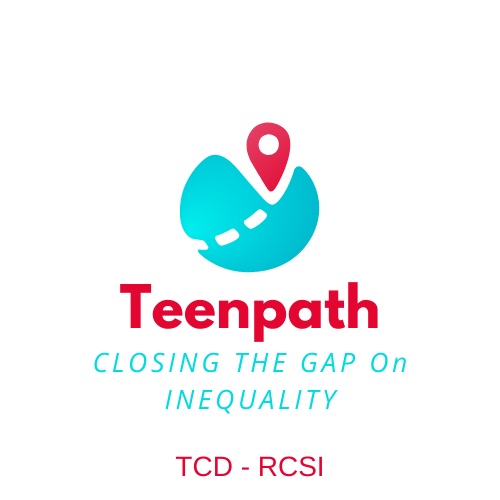
Teenpath COVID Project / Dr Shona Lee, Royal College of Surgeons in Ireland
Teenpath COVID is a mixed-methods, participatory study exploring the experiences of young people in Ireland since the onset of the COVID-19 pandemic, and its impacts on existing health inequalities. As part of an exploratory sequential research design, Teenpath COVID comprised of a preliminary stakeholder analysis, in-depth interviews with young people aged 16-25, an online survey, and an evaluation of a participatory arts programme to identify cross-cutting issues impacting the health and well-being of young people in Ireland. Teenpath provides a rich and in-depth view of a recent and significant period in Irish social life, as we adapted and transitioned through the COVID19 pandemic/post-pandemic era.
Dún Ailinne Excavations / Dr Zenobie Garrett, University of Limerick
This data comes from the original excavations at the site of Dún Ailinne in Co. Kildare. The site is one of several major prehistoric centers in the Irish landscape, and the largest Iron Age site of this type. Similar sites include Tara and Uisneach in Meath, Cashel in Tipperary, Rathcroghan in Roscommon, and Emain Macha in Armagh. Although varying levels of research have occurred at each of these sites, this dataset would present the first instance of all the raw data from one of these sites being made available through a digital archive, and the first instance where the digitized tables would be available to all to download directly.

Dr Jennifer O’Reilly archive / Dr Elizabeth Mullins, University College Dublin and Tom O’Reilly
Dr O’Reilly was a scholar of early medieval Ireland and Britain who worked in the History Department of University College Cork from 1975 until her retirement in 2008. Her research focused on illuminated gospel books, such as the Books of Durrow, Lindisfarne and Kells, and on hagiographical, historical and theological texts, including Adomnán’s Life of Columba of Iona and Bede’s Ecclesiastical History of the English People. The dataset is drawn from a larger archive of digital research materials created by Dr O’Reilly in the period between 2000 and 2016, which offer a unique insight into her working method while also providing a rich resource of raw material for future scholarship on the cultural history of Ireland and Britain.
Index of goods for the Butler/Ormonde families / Dr Jane Fenlon
In her career as a leading historian of seventeenth-century Irish art, Dr. Fenlon compiled a series of databases of goods that belonged to the Butler/Ormonde family between 1652 and 1714 from archival registers and collections files. This dataset provides an index to those resources, adding categorisation, subject headings and details which will be of significant use to future researchers in understanding the political and material world of Ireland’s leading aristocratic family.
